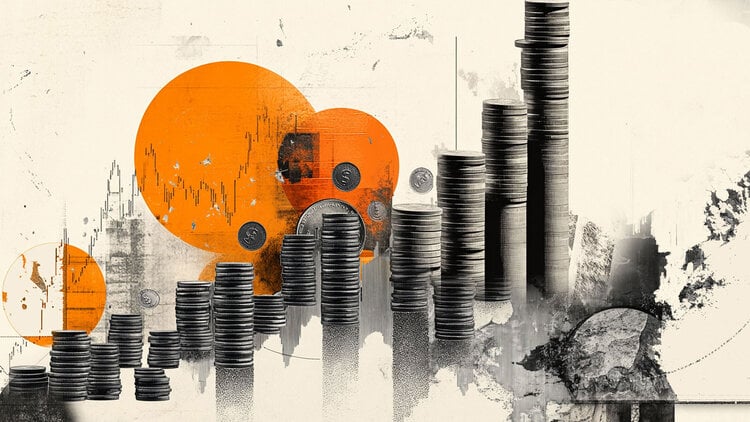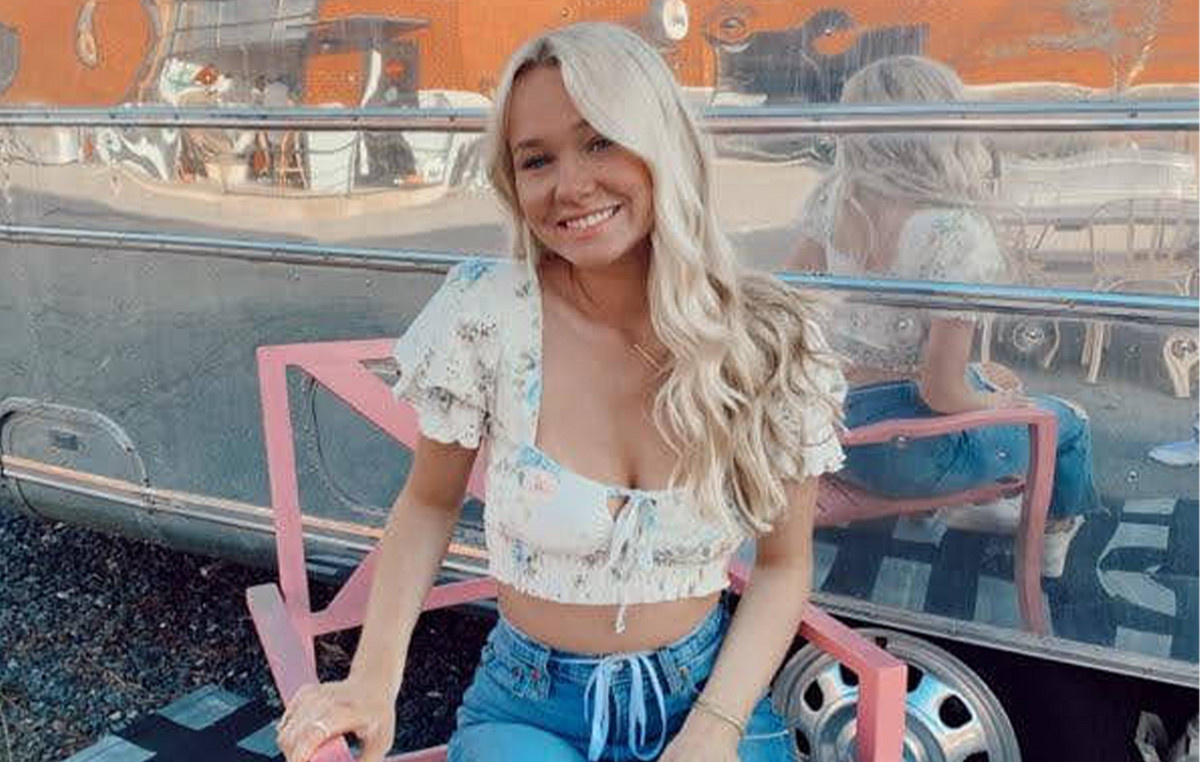Behind there is a vegetable garden, in front of an olive tree, inside there are six families and, at the base, an idea.
Sabrina is here because she thought it was an opportunity for her children; Giancarlo has arrived “to make a contribution to the society that surrounds us”; Marco “because living like this is more beautiful”, while Daniele and Chiara, after doing their civil service in the Chilean reception centers, it was as if they could no longer do without a community life and they too said yes to this great project .
And that’s how, in the heart of Brianza, in Usmate Velatea country with ten thousand inhabitants,
is born «One and seven»a cohousing designed to share not only living spaces and services, but also a number of participatory values: «We want to walk and grow together, learning to take care of each other, making diversity a gift to be treasured and valued», is written in their manifesto of intent, «We want to bear witness to a different, eco-sustainable, lively and livable way of living, where relationships between people are fundamental».
Here all the families have their own apartment and a series of common rooms, from the laundry room to the coworking space, from the garden to the games room, with implicit mutual aid available: whether it’s picking up the children from school, watering the plants, listening to each other, laughing together, reaching out a hand.
A dream which, in addition to so much hope, required a great deal of commitment and absolute dedication:
the four-storey building where these six families live today (12 adults and 17 children), they built it all by themselves, there was no wall erected, not even the land available. «It was a long process, which lasted more than nine years, not very simple from an organizational and bureaucratic point of view, but we did it. We haven’t been lifelong friends, we met coming from different paths: some from scouts, some from solidarity purchasing groups, some from volunteering», explains Daniele, 44, journalist and educator, «what united us was the the will of each of us not to withdraw into our own individuality, to have an eye towards others. We were all looking for the same thing and in the end we met». It cannot be a coincidence that here, in this family of families, in this house of houses, they prevail nursing professions: Chiara deals with music therapy, Sabrina is a social worker, Samuele teaches Literature in a middle school, Elisabetta works in a non-profit organization, Vincenzo in a social cooperative and Elena, a graduate in Education Sciences, is involved in volunteer projects and here, in «One and Seven», she is recognized as the best cook in the company. «Everyone brought their own skills into play, all their abilities», explains Giancarlo, Elena’s husband, an engineer, «but no specific tasks were distributed, there was no investiture. We are all responsible for the common good, each for his own time and for the things he knows how to do ». And so he, who knows how to move with numbers, projects and construction processes, was the president of the building cooperative which maintained relations with those who set up the house. Luca, on the other hand, who is a computer scientist by trade, took care of the Wi-Fi network throughout the building and if anyone has connection problems they refer to him, who is also capable of being a motivator and coach, an expert in decision-making processes: «Here joint decisions are not made by voting», Luca reveals with a certain pride, «voting is certainly a fast system, but it always implies winners and losers. And whoever is a loser ends up being unhappy and in any case tomorrow could come up with an “I didn’t agree”. Here we prefer the consent: it takes longer, but decisions are reached through mediation, through understanding everyone’s reasons». And the mechanism, now after a year and a half of living together, seems to work.
But, to understand and respect each other, group relationships are carefully cultivated: «Every two months», explains Chiara, who grew up in a family community and knows its turning points and critical points, «we meet and reflect on ourselves. A theme is chosen on which everyone says what they think: there is no space for debate, only for listening. You stop and express to others what you feel, to get to know yourself and make yourself known».
Because, despite the affinity, there is no homologous thought here: no necessarily shared religion, no political party representing them, each accepting the characteristics of the other. Hence the name “One and Seven”, which takes up a nursery rhyme by Gianni Rodari: it is the story of seven children of different nationalities who are actually the same child, a story that speaks of childhood, equality, solidarity and peace. And they also add other keywords: trust, positive bias and acceptanceso much so that they have provided additional accommodation, in addition to their six, a space designed to accommodate people in difficulty who can benefit, together with them, from the fruits of co-living: «We have an agreement with the association The Big House, a social cooperative that takes care of migrants, women victims of violence and minors in difficult situations. They are the ones who identify the people who may need a situation like ours, with close families”. This little house they call it Calicanthuslike that fragrant flower which, blossoming in winter, symbolizes strength and obstinacy in adversity.
An example of beauty and tenacity, which all of them would like to pass on to their children. AND there are many children: they knock on doors, go up and down stairs, skate hand in hand, argue and embrace. They are a variegated multitude: from Noemi, the eldest, who is 16 years old, to Benedetta, the latest arrival, who has just turned one year old. «I like living here», says Irma, 10 years old, already ready for fifth grade, «it’s as if we were all a bit like brothers and sisters. We have a garden and an attic where we can have sleepovers and watch movies. And then it’s too nice to go and come back from school all together ». These kids have already made it their own the experience of sharing: by organizing a collection, after a year of savings, they reached the right amount to buy a trampoline, a large one for everyone to put in the garden: «Because another keyword is optimization», Luca is keen to point out, «a just one jack for everyone, one drill for everyone, one ladder for everyone, one lawn mower: having more would be useless and superfluous». Because there is also the intent to a fair and eco-friendly approachso much so that their home is – as they say in technical terms – passive standard. Thus, for example, it heats itself, without the need for further energy inputs: a very thick wall and a highly studied air exchange system allow for the right temperature inside, without wasting the accumulated energy. No gas, no emissions, no waste: «Being clear about the current conditions that need to change helps us understand where we want to go», Martina is right, «when you happen to stop and ask yourself what do you really want? Here, we asked ourselves and we arrived here ».
(Photo by Alberto Giuliani)
The Giovenzanas – The daughters Giuditta, 10, Cecilia, 8, Maddalena, 5, and Benedetta, 1, with mother Elisabetta. In the photo, the father, Luca, is missing.
The Gaviolis – Giancarlo and Elena are the parents of Pietro, 14, Marco, 12, and Chiara, 7.
The Biellas – Daniele and Chiara with their children Giacomo, 13, and Linda, 10.
The Brambillas – Samuele and Chiara have four children: Noemi, 16, Margherita, 12, and Irene, 8. The photo is missing Daniele, the 13-year-old son.
The Redaellis – Mother Sabrina, father Marco and children Tullia, 9, and Giulio, 11.
The Valentis – Vincenzo and Martina with their two children, Andrea, 12, and Irma, 10.
Source: Vanity Fair
I’m Susan Karen, a professional writer and editor at World Stock Market. I specialize in Entertainment news, writing stories that keep readers informed on all the latest developments in the industry. With over five years of experience in creating engaging content and copywriting for various media outlets, I have grown to become an invaluable asset to any team.







